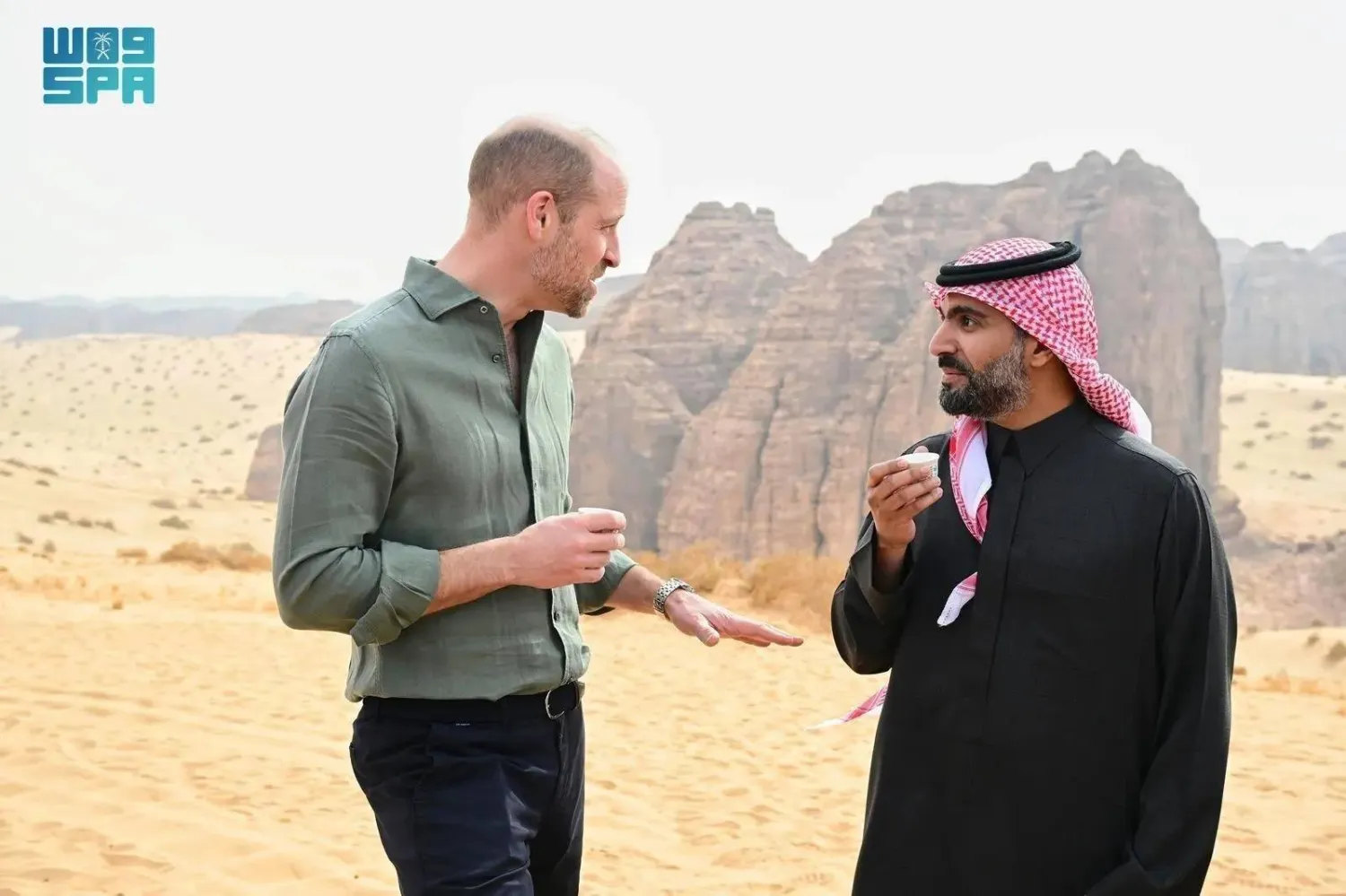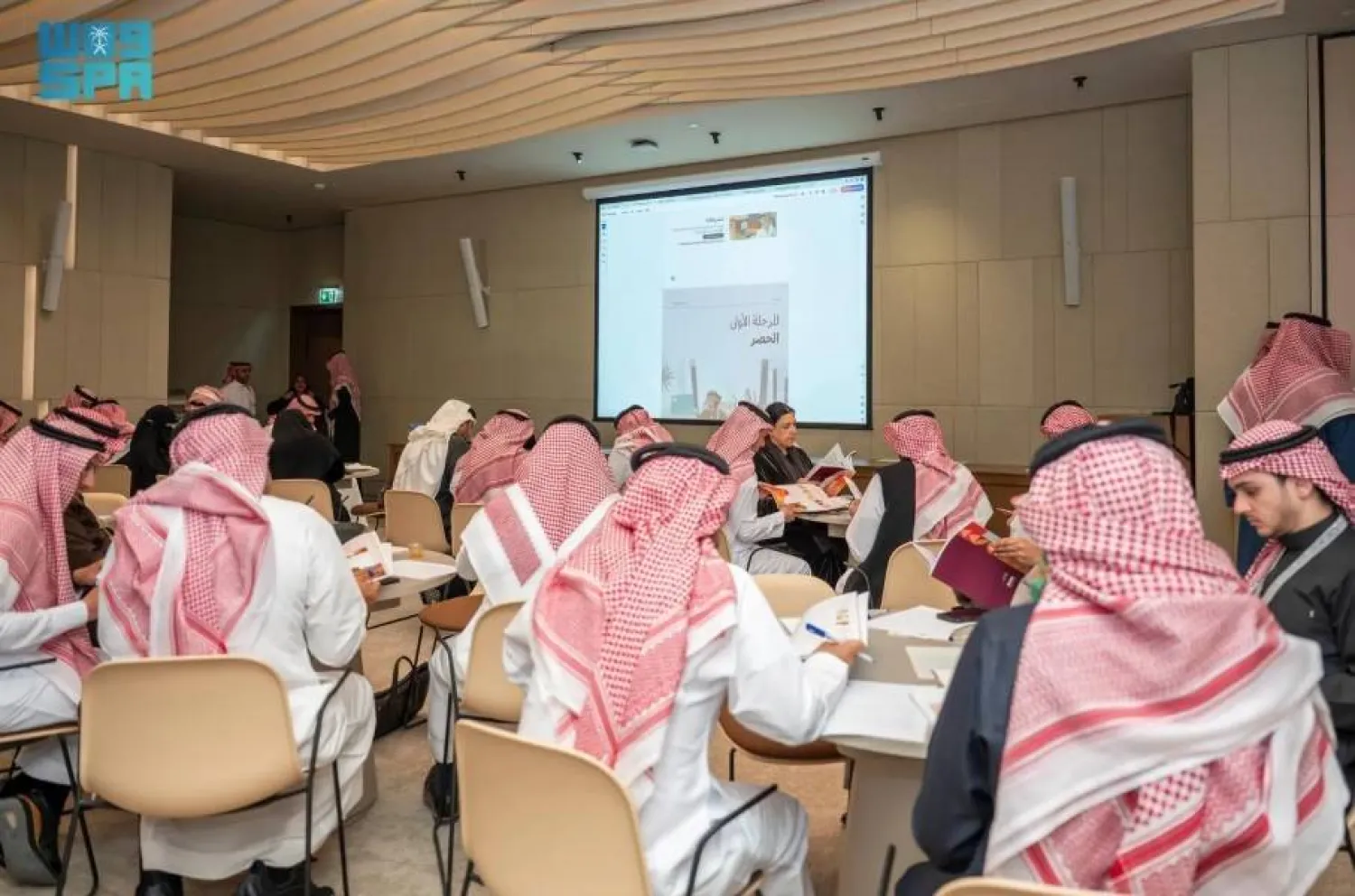The people of AlUla Governorate, located in the northwest of the Kingdom, have long dreamt of seeing the region as a global tourist hub for worldwide visitors. This dream came true thanks to the support provided by the wise leadership, transforming AlUla into one of the most prominent and important global tourism destinations, as it has witnessed a remarkable tourism boom, according to recent statistics.
The Royal Commission for AlUla (RCU) aims to raise the number of tourists to 2 million visitors by 2035, SPA said.
Hundreds of young men and women work in various fields to promote tourism in this governorate, which still preserves its antiquities and history dating back thousands of years.
It offers outstanding archaeological sites and unique tourist attractions, being one of the largest living museums in the world due to its antiquities, cemeteries, sculptures, and rock formations. It also includes the ancient Nabataean city of Hegra or Al-Hijr, registered as the first UNESCO World Heritage Site in the Kingdom, and the Dadan archaeological site, which contributed to developing and enriching the Arabic language.
The new identity of the 93rd National Day this year, under the slogan "We Dream, and We Achieve," was inspired by Saudi projects that were accomplished and turned from a dream into a reality, including AlUla projects empowered by the efforts of the RCU that aim to strengthen its position as one of the global archaeological, cultural, and natural tourist destinations.
The "AlUla Vision," launched by the Crown Prince and Prime Minister Mohammed bin Salman earlier, reflects AlUla's historical status embodied through the essential stages of achieving AlUla's vision, including the "Journey Through Time" plan.
This plan also aims to preserve AlUla as a unique natural and cultural environment that can develop cultural heritage for the world and achieve the goals of the Kingdom's Vision 2030. Upon its completion, it will realize an economic return by attracting more tourists and providing multiple job opportunities for local community members, in addition to contributing to the Kingdom's GDP.
AlUla's Dream Comes True as Top Global Tourist Destination

AlUla includes the ancient Nabataean city of Hegra or Al-Hijr, registered as the first UNESCO World Heritage Site in the Kingdom, and the Dadan archaeological site, which contributed to developing and enriching the Arabic language.(SPA)

AlUla's Dream Comes True as Top Global Tourist Destination

AlUla includes the ancient Nabataean city of Hegra or Al-Hijr, registered as the first UNESCO World Heritage Site in the Kingdom, and the Dadan archaeological site, which contributed to developing and enriching the Arabic language.(SPA)
لم تشترك بعد
انشئ حساباً خاصاً بك لتحصل على أخبار مخصصة لك ولتتمتع بخاصية حفظ المقالات وتتلقى نشراتنا البريدية المتنوعة







